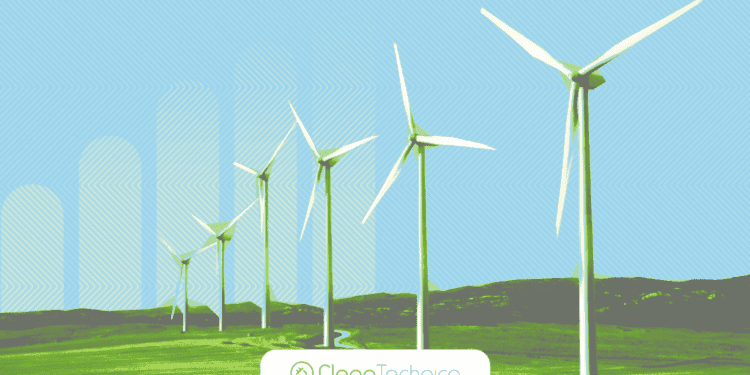Pursuing a business commitment started last April, the Philippines’ ACEN Corporation (formerly known as AC Energy Corporation) has made a major move into the US renewables market. Through its joint-venture company in the US, UPC Power Solutions LLC, ACEN signed a Purchase and Sale Agreement with GlidePath to take over eight operating wind projects located in northern Texas.
The acquisition of these 136 MW of wind assets is part of ACEN’s goal to create 5,000 MW of capacity in two years. This will generate an additional ~360 GWh of wind energy annually, enough power for around 24,000 households and cut down ~127,000 metric tons of CO2 emissions.
ACEN has already invested some $200 million to create over 4,000 MW of capacity distributed in power entities in the Vietnam, Indonesia, India, and Australia, apart from those in the Philippines. It has a 98% renewable footprint — among the highest in the region.
The partners of UPC Power Solutions LLC share the same vision of building a sustainable energy future with the aim to maximize economic impact while providing environmental benefits for all stakeholders. Patrice Clausse, CEO of ACEN International said last April 2022, “Our aspiration is for the US to become a priority market for ACEN outside of Philippines over time. This partnership will provide an exciting entry to the fast-growing US market, and we look forward to leveraging the combined expertise of ACEN and our new partners to make this a strong growth platform in the coming years.”
Tim Rosenzweig, CEO, and co-founder of PivotGen added, “We are excited to announce this acquisition. We look forward to successfully repowering the portfolio so that these projects can continue to deliver clean, renewable power and provide jobs and economic opportunity in local communities.”
ACEN is the listed energy platform of the Ayala Corporation one of the oldest and largest conglomerates in the Philippines dealing in real estate, banking, telecommunications, automotive, and power. With this acquisition, ACEN is now well-positioned to harness the vast opportunities in the US renewables space and contribute to a sustainable energy future.
FAQ
Q1. How electric car batteries work?
A1. Electric car batteries are typically lithium-ion batteries that store energy and power the motor. They are recharged by plugging the car into an electric outlet or charging station.
Q2. What electric car has the longest range?
A2. The Tesla Model S has the longest range of any electric car currently on the market, with a range of up to 370 miles on a single charge.
Q3. How electric car batteries are recycled?
A3. Electric car batteries are recycled by breaking them down into their component parts and then separating out the metals, plastics, and other materials for reuse. The metals are melted down and reused in new products, while the plastics and other materials are recycled into new products.





